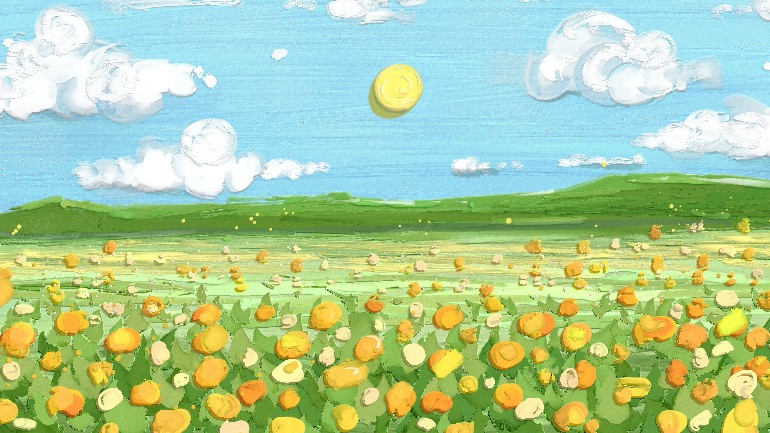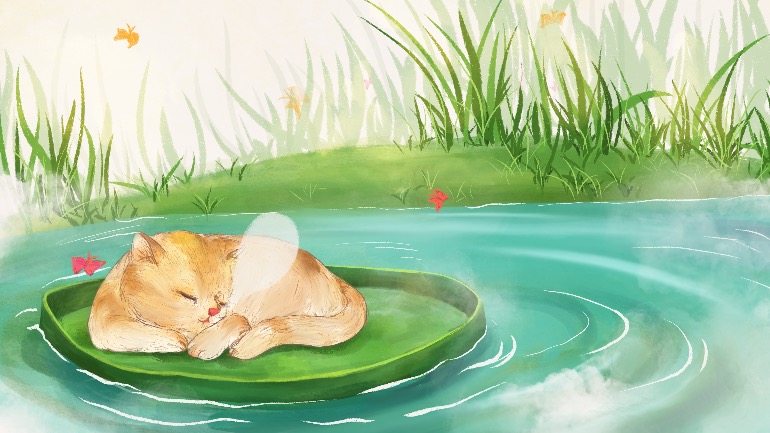The Buddha once said, “I do not argue with worldly people, but they argue with me.” It means that the Buddha understands where people’s desire and attachment come from. But when people hear the Buddha speak of impermanence, emptiness and not-self, they refuse to accept and constantly raise objections. Actually, it is no surprise that people object since the Buddha’s viewpoints are something they have never heard of or thought about before and are entirely contrary to their usual way of thinking. So object they must. Still, truth is truth. Worldly people can object all they want at first, but eventually they will have to accept it. By worldly people, I do not mean the atheists or the materialists, but people like us who either have not yet learned Buddhadharma or attained realization of emptiness. It is in fact our very own established ideas that are opposing the new perspective.
- Quote from The Right View, "The Four Noble Truths—the Path Out of Samsara"











